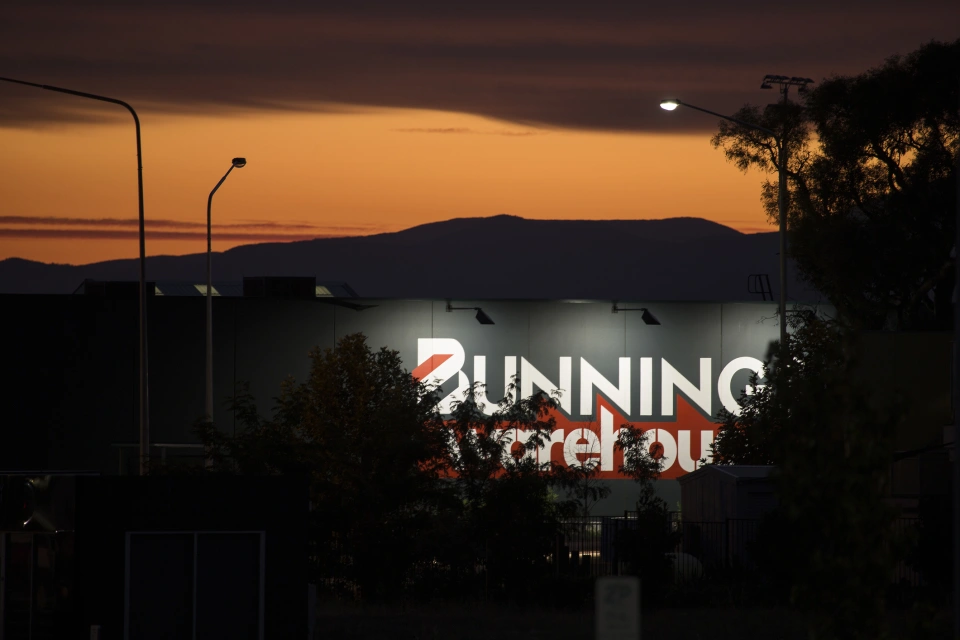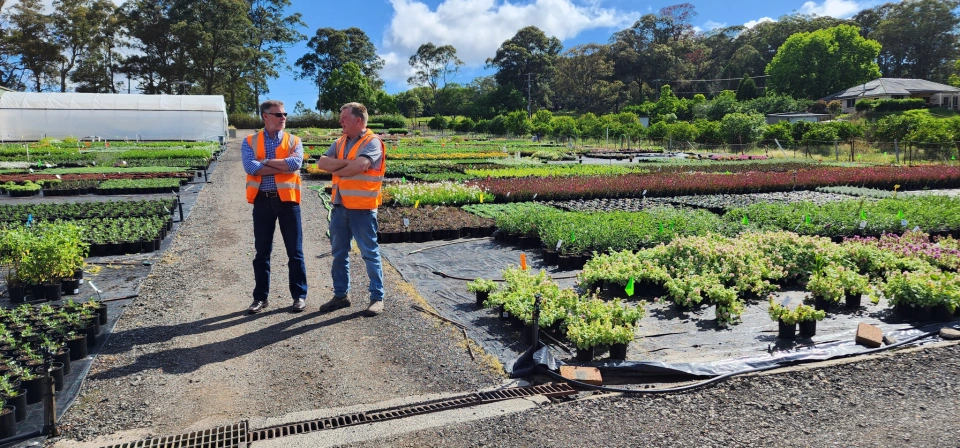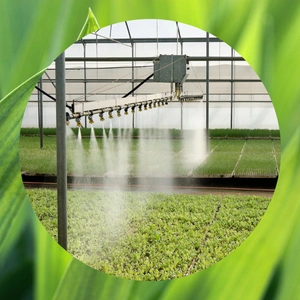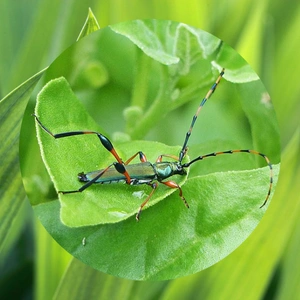Advocacy

Advocacy – GIA’s voice, your future
We’re your national industry voice – working behind the scenes to influence decision makers, protect grower interests and put greenlife at the centre of big-picture policy conversations.
Whether it’s urban greening, landscape revegetation, climate resilience, food security or community wellbeing, we make sure plants are recognised as part of the solution. We keep government accountable, speak up when policies don’t stack up and position the nursery industry as an essential, future-focused part of Australia’s environmental and economic landscape.
We’re your national voice – keeping government accountable, securing fairer trading conditions and opening new opportunities for growers.
Why it matters to your business
GIA’s advocacy helps to:
-
protect your bottom line – by pushing back on harmful levies, unfair regulation and one-size-fits-all policies
-
open up opportunities – by championing nursery involvement in national priorities such as housing, biodiversity and climate adaptation
-
ensure you’re heard – by giving growers a seat at the table when decisions are being made
| Without strong representation, growers risk: | With GIA’s advocacy, the industry gains: |
|---|---|
| being exposed to unfair trading practices from large retailers | fairer trading conditions through negotiated agreements |
| receiving less support during biosecurity threats or natural disasters | support and resources during crises |
| missing out on funding or inclusion in sustainability programs | inclusion in national programs that deliver benefits directly to growers |
Our recent submissions
Greenlife Industry Australia (GIA) makes sure the nursery industry has a strong, united voice in national decisions. Here are some of the submissions we’ve made recently on behalf of growers:
April 2024
GIA spoke up about the market power of big retailers like Bunnings, which controls around 70% of plant retail sales. We called on the ACCC to include greenlife growers in its supermarket inquiry – putting the spotlight on how power imbalances can affect pricing, supply terms and grower wellbeing.
Why it matters: Without GIA, this issue may have been overlooked. Our submission brought grower concerns to the national stage.
February 2024
The Food and Grocery Code of Conduct gives suppliers like farmers and food producers some protection in their dealings with supermarkets. But it doesn’t cover plant growers – or Bunnings. GIA pushed for changes to include our industry, calling out the lack of fairness and support currently available to nursery suppliers.
Why it matters: We’re advocating for real protections – like better trading terms, clearer communication and support for dispute resolution.
October 2023
When the government proposed a new levy to fund Australia’s biosecurity system, GIA stood up for growers. We said the design was unfair, lacked proper consultation and placed too much of the burden on plant industries.
Why it matters: We helped pause the rollout and forced a rethink – protecting growers from being unfairly slugged with new costs.
November 2022
GIA made the case for long-term, sustainable investment in plant biosecurity – so the nursery industry isn’t left to foot the bill alone. We called for smarter funding models and recognition of growers’ existing contributions to plant health and risk management.
Why it matters: This work helps ensure growers aren’t left carrying the cost of a system that benefits the whole country.
Our position papers
We’re not just reactive. We also shape policy proactively through clear, evidence-based positions on key issues. Read our policy statements on:
What is advocacy?
Advocacy means standing up for the interests of growers and the greenlife industry. At Greenlife Industry Australia (GIA), we work to ensure the voices of growers are heard by national decision-makers – including federal government departments, regulators and peak industry bodies.
We work closely with state industry associations, who lead advocacy at the local and state level – for example, engaging with councils or state-based regulators. Together, we form a united front to champion the needs of the nursery sector across Australia.
State-based issues – like planning rules or council regulations – are handled by your local industry association. But when it comes to national priorities, GIA leads the charge.
GIA advocacy examples
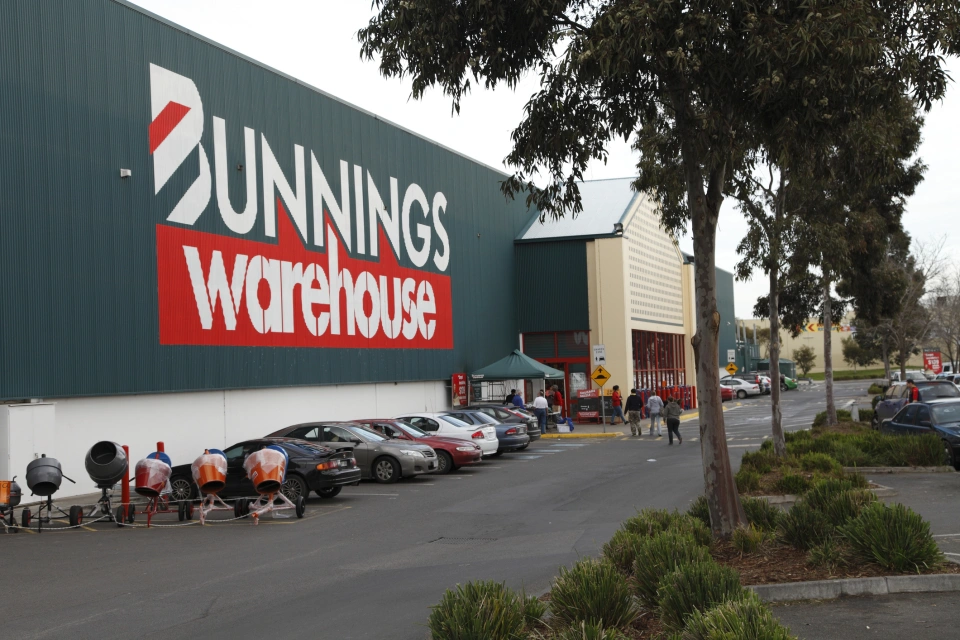
Fair trading with major retailers
In 2025, GIA successfully negotiated a Statement of Principles with Bunnings, Australia’s largest plant retailer.
This agreement sets out fair trading expectations – covering pricing, supply terms, plant health standards and how disputes are handled. It also introduced an independent arbiter, giving growers a neutral pathway for resolving serious concerns.
GIA’s ongoing role includes:
- making sure Bunnings complies with the agreement
- providing a channel for grower feedback
- working with Bunnings to address systemic issues or concerns
- reviewing and refining the agreement as the market evolves.
The result? Stronger protections for growers, a more transparent relationship with Australia’s biggest customer, and an open line of communication that didn’t exist before.
➡️ Learn more.

Opposing the Biosecurity Protection Levy
In 2024, we led national objections to the Federal Government’s proposed Biosecurity Protection Levy (BPL). GIA argued that the levy unfairly targeted growers with no clear link between contributions and benefit. Our submission, backed by industry modelling and member feedback, was cited in Senate Estimates and ultimately contributed to the levy being paused pending further consultation.
Why we opposed the levy
- Unfair burden – Growers already contribute to biosecurity through existing levies and farm practices. The BPL added a double charge.
- No clear benefit – The levy didn’t guarantee direct improvements or protections for contributing industries.
- Poor consultation – The nursery sector wasn’t meaningfully engaged in the levy’s design.
- Economic pressure – Most growers can’t pass on extra costs, so the levy would have squeezed already tight margins.
If the BPL had gone ahead, growers would have faced extra costs on top of the levies they already pay to support plant health and biosecurity. Many businesses wouldn’t have been able to pass those costs on, meaning tighter margins, less investment in on-farm improvements, and greater pressure on small and medium growers.
➡️ Read the paper.
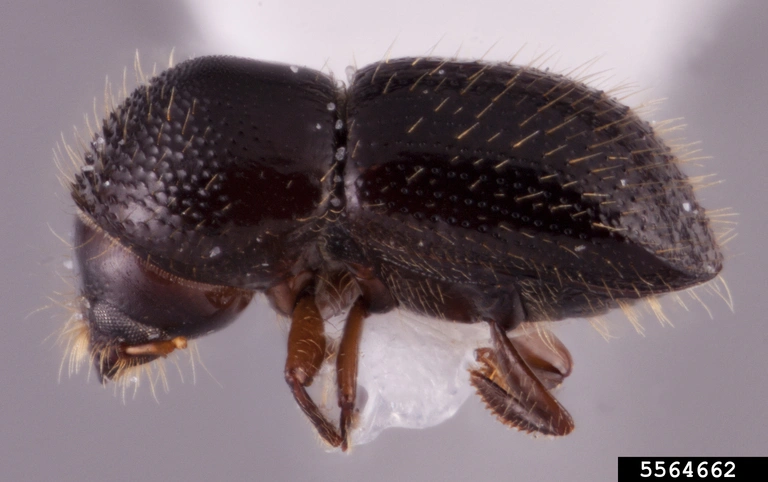
Safeguarding plant health and biosecurity
Coordinating the industry's fire ant response
GIA played a key role in coordinating national communications and providing real-time support to growers in affected regions. We developed emergency guidelines for production nurseries and worked with state governments to ensure minimal disruption to trade. As a result, 86% of accredited nurseries in quarantine zones were able to continue trading under movement controls.
Proactive preparedness for pest threats
GIA advocated for levy investment into Xylella fastidiosa preparedness. As a result, a nationally harmonised diagnostic protocol and updated contingency plans were developed and implemented, protecting more than $1.2 billion in potential annual industry losses.

Elevating greenlife as essential infrastructure
Urban Green Infrastructure Handbook
Facilitated through its partnership with Greener Spaces Better Places, GIA contributed to the development of Australia’s first national framework for Urban Green Infrastructure (UGI), published by Standards Australia. The Handbook provides planners, developers and governments with a consistent roadmap for integrating trees, green walls and open space into built environments – strengthening the case for investment in greenlife and creating long-term demand for nursery products.
➡️ Buy the handbook.
Supporting local government advocacy
Through our involvement with Greener Spaces Better Places, we supported the rollout of initiatives like Where Should All The Trees Go?, equipping councils with urban heat data and cost-benefit tools. This work has led to increased urban canopy budgets in several local government areas.

Backing industry with credible data
Nursery Industry Benchmarking Tool
We invest in robust data and insights to help growers plan, adapt and thrive. In 2022–23, production nursery sales reached $3.54 billion, with 2.26 billion plants sold – a clear signal of the sector’s resilience despite tough conditions.
Why it matters
The Nursery Industry Statistics project gives growers reliable, up-to-date information on:
-
sales trends and plant categories
-
production costs and workforce size
-
business performance benchmarks
This data helps you make informed business decisions, spot new opportunities and track how you compare. It also strengthens advocacy – providing government and stakeholders with credible evidence of the industry’s scale, economic value and evolving needs.
Collective impact
High grower participation makes the data stronger and more representative of real industry conditions. That means better tools, smarter decision-making and stronger advocacy – benefits that flow to every grower.
Shape the future
By completing the annual survey, you’re helping build the evidence base that protects and grows our industry. Your data stays confidential – but its impact is collective.
➡️ To participate or find out more, contact Dan Watson at daniel@dter.com.au
